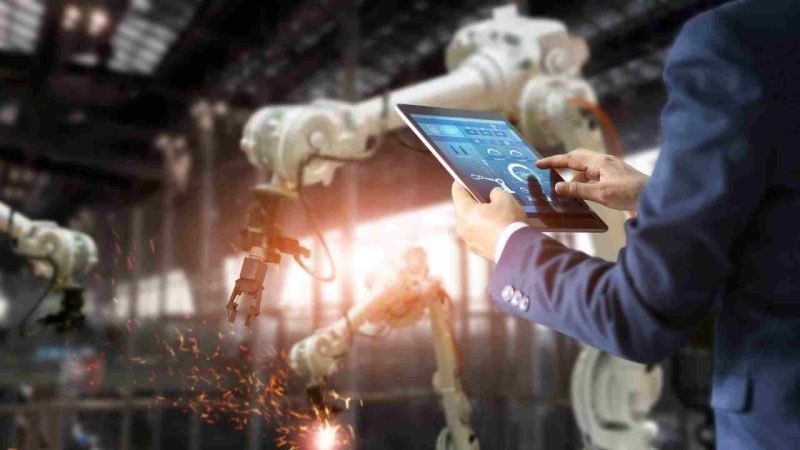As artificial intelligence (AI) and automation technologies continue to advance, the job market is undergoing significant transformations. The integration of AI and automation has the potential to revolutionize industries, streamline processes, and enhance efficiency. However, it also raises questions and concerns about the future of work, workforce displacement, and the evolving nature of job roles. In this blog, we explore the profound impact of AI and automation on future job markets.
One of the primary effects of AI and automation is the automation of routine and repetitive tasks. Machines equipped with AI can perform tasks more quickly and accurately than humans, leading to increased efficiency and productivity. While this automation streamlines processes, it may also render certain manual tasks obsolete, impacting jobs that are routine and rule-based. Although, no machine is perfect so having a human eye checking the work helps things operate with the most efficiency.
As certain jobs become automated, there is a simultaneous emergence of new job roles. AI and automation create opportunities for individuals with skills in data science, machine learning, AI programming, and robotics. New professions such as AI ethicists, automation specialists, and data analysts are becoming increasingly relevant, highlighting the evolving nature of the job market. The integration of AI and automation fosters a culture of innovation and heightened productivity. AI-driven technologies can analyze vast datasets, identify patterns, and generate insights that may not be apparent to humans. This not only enhances decision-making processes but also opens avenues for innovation, creating jobs in research, development, and implementation of these technologies.
One of the most pressing concerns associated with AI and automation is the potential displacement of certain jobs. Routine tasks are susceptible to automation, leading to a shift in the skills required in the job market. The need for reskilling and upskilling becomes paramount as workers adapt to the changing demands of industries. Organizations and educational institutions must collaborate to provide training programs that equip the workforce with the skills needed in the AI-driven era.
Rather than replacing humans, AI and automation technologies are increasingly designed to collaborate with human workers. The combination of human intuition, creativity, and critical thinking, combined with the speed and precision of machines, can lead to powerful outcomes. Job roles that require emotional intelligence, creativity, and complex problem-solving are likely to become more valuable in the era of human-machine collaboration.
The widespread adoption of AI and automation raises ethical considerations and societal implications. Questions regarding job displacement, privacy, security, and the ethical use of AI algorithms require careful consideration. Jobs in AI ethics, regulation, and policy development are anticipated to play a crucial role in addressing these complex issues.
With the increasing reliance on AI and automation, there is a growing demand for digital literacy skills. Individuals who possess proficiency in using digital tools, understanding algorithms, and leveraging technology for problem-solving are likely to be at an advantage in the job market. Education systems and training programs must adapt to cultivate these essential digital skills. The impact of AI and automation underscores the importance of continuous adaptation and lifelong learning. The evolving job market requires individuals to embrace a mindset of continuous improvement and technological advancements. Lifelong learning initiatives, professional development opportunities, and flexible education models will be crucial in empowering individuals to navigate the changing job landscape.
In conclusion, the impact of AI and automation on future job markets is adaptable. While automation of routine tasks may lead to job displacement in certain sectors, it simultaneously creates opportunities for innovation, the emergence of new job roles, and collaborative human-machine endeavors. The challenges associated with reskilling, ethical considerations, and societal implications necessitate a proactive and strategic approach from governments, organizations, and individuals. As we navigate this transformative era, a commitment to continuous learning, adaptability, and ethical considerations will be key in shaping a future job market that balances technological advancements with human values and capabilities.
Read Dive is a leading technology blog focusing on different domains like Blockchain, AI, Chatbot, Fintech, Health Tech, Software Development and Testing. For guest blogging, please feel free to contact at readdive@gmail.com.





